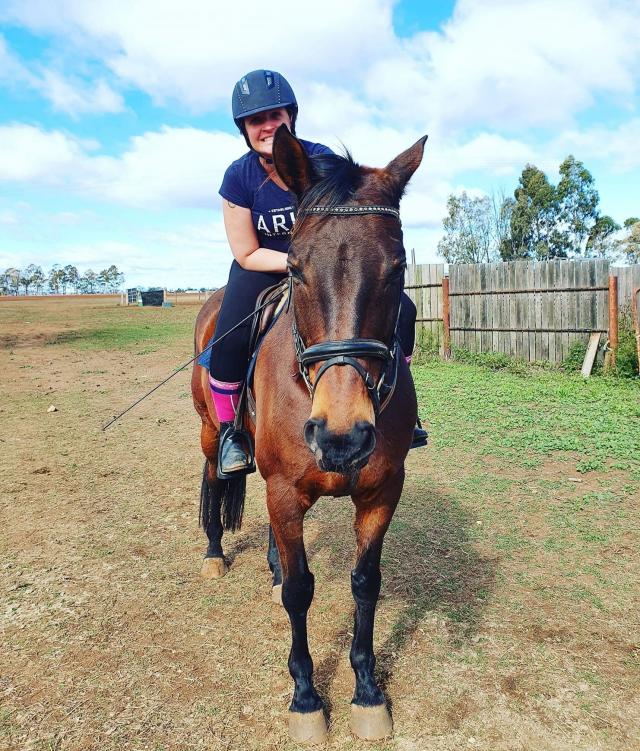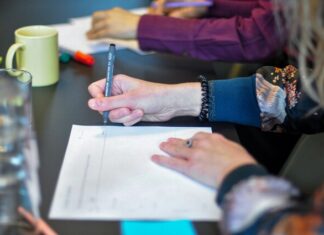Lifting the profile of inclusive sports and recreational activities

Digital Edition
Subscribe
Get an all ACCESS PASS to the News and your Digital Edition with an online subscription
New state grants target Queensland’s real-world challenges
Local innovators and event organisers could secure up to $25,000 in funding as part of a new state government push to solve real-world challenges.
With...








